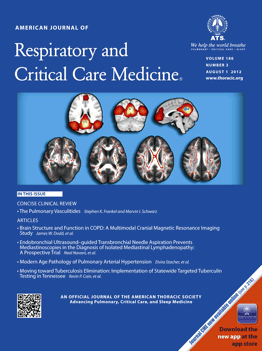 As Retraction Watch readers know, we’re big fans of transparency. Today, for example, The Scientist published an opinion piece we wrote calling for a Transparency Index for journals. So perhaps it’s no surprise that we’re also big fans of open peer review, in which all of a papers’ reviews are made available to readers once a study is published.
As Retraction Watch readers know, we’re big fans of transparency. Today, for example, The Scientist published an opinion piece we wrote calling for a Transparency Index for journals. So perhaps it’s no surprise that we’re also big fans of open peer review, in which all of a papers’ reviews are made available to readers once a study is published.
Not that many journals have taken this step — medical journals at BioMedCentral are among those that have, and they even include the names of reviewers — but a recent peer review file from EMBO Journal, one publication that has embraced this transparent approach, is particularly illuminating.
Alan G. Hinnebusch, of the U.S. Eunice Kennedy Shriver National Institute of Child Health and Human Development, submitted a paper on behalf of his co-authors on November 2, 2011, at which point it went out for peer review. The editors sent those reviews back to the author on January 2, 2012, and Hinnebusch responded with revisions on April 4. So far, the process looks much like that any scientist goes through — questions about methods, presentation, and conclusions, followed by answers from the authors.
But what caught the eye of frequent Retraction Watch commenter Dave, who brought this to our attention, was what happened starting on May 18 when the editors responded to the authors again. (That letter is labeled as page 6, but is actually page 16 of the linked document.): Continue reading Transparency in action: EMBO Journal detects manipulated images, then has them corrected before publishing
 The retraction count is up to 13 for Dutch psychology fraudster Diederik Stapel, with four more in the publications the Journal of Consumer Research, Motivation & Emotion, Psychology & Marketing, and Social Cognition.
The retraction count is up to 13 for Dutch psychology fraudster Diederik Stapel, with four more in the publications the Journal of Consumer Research, Motivation & Emotion, Psychology & Marketing, and Social Cognition.






